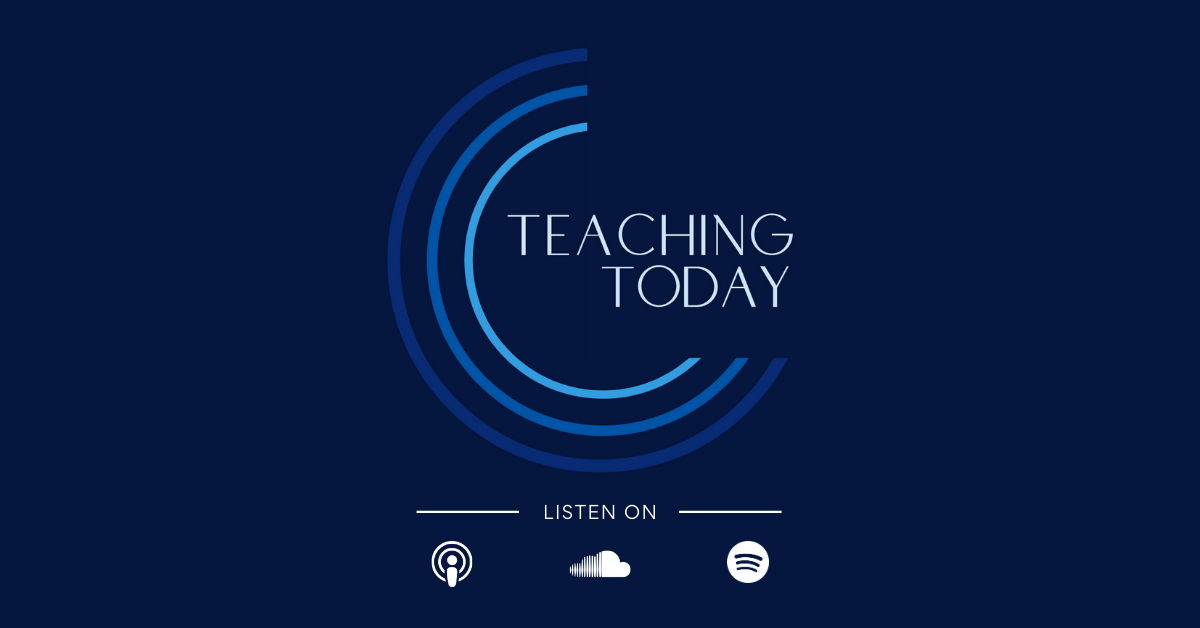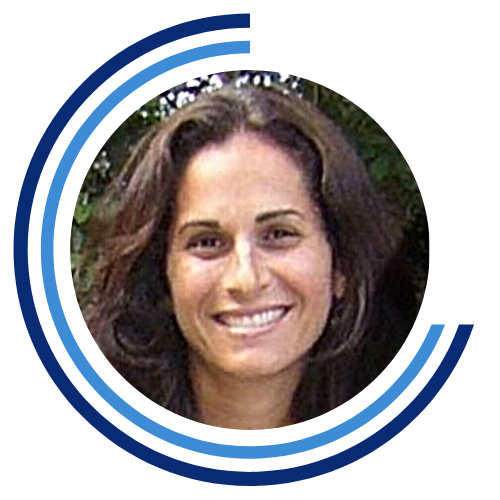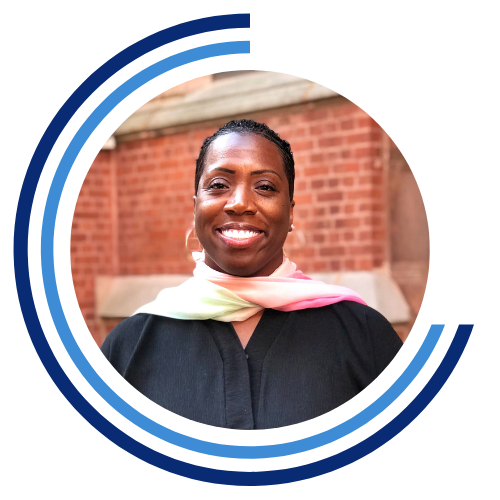|
In this episode
Project-based learning isn’t just a vocabulary term or a buzzword — it’s a way of approaching the entire process of teaching and learning. In this episode, we speak with Dr. Liza Bearman, who serves as the Director of the Wildwood Institute for Social Leadership at Wildwood School in Los Angeles, CA, about how students at Wildwood (referred to as members) develop and execute real life projects in response to community needs.
Final thoughts
What advice would you offer to a teacher or school leader who is looking to introduce project-based learning to their students?
|
|
The Center for Professional Education of Teachers (CPET) at Teachers College, Columbia University is committed to making excellent and equitable education accessible worldwide. CPET unites theory and practice to promote transformational change. We design innovative projects, cultivate sustainable partnerships, and conduct research through direct and online services to youth and educators. Grounded in adult learning theories, our six core principles structure our customized approach and expand the capacities of educators around the world.
|
ABOUT US
525 West 120th Street, Box 182 New York, NY 10027 416 Zankel Ph: (212) 678-3161 [email protected] Our Team Career Opportunities |
RESOURCES
Professional Articles Ready-to-Use Resources Teaching Today Podcast Upcoming PD Opportunities |
COACHING SERVICES
Custom Coaching Global Learning Alliance Literacy Unbound New Teacher Network Student Press Initiative |




























